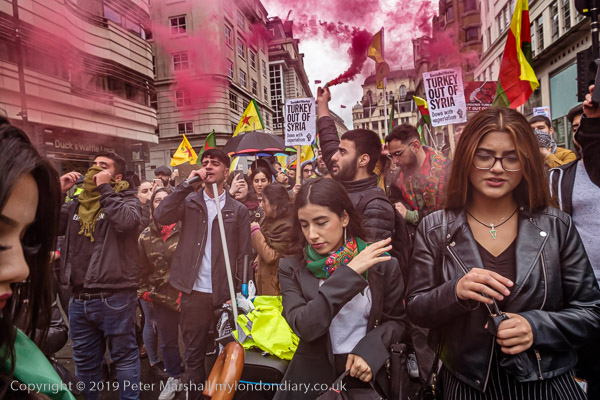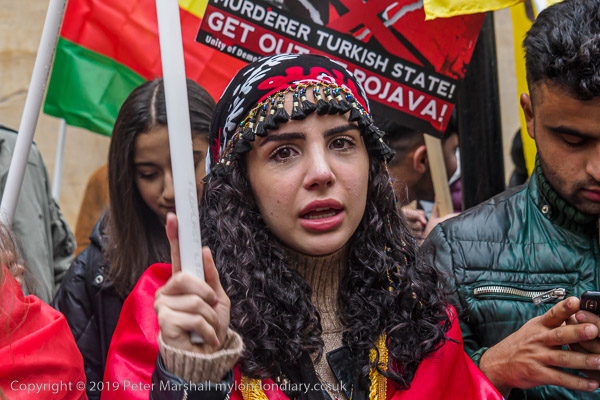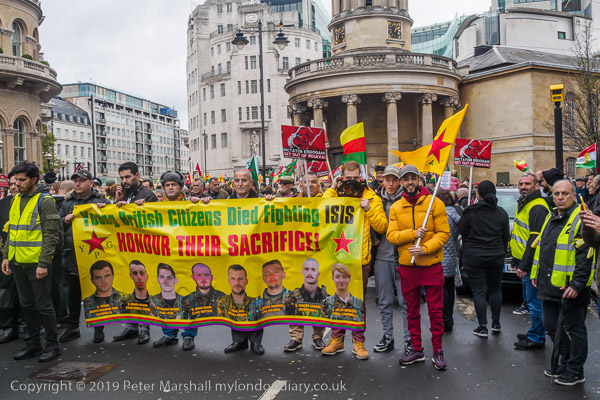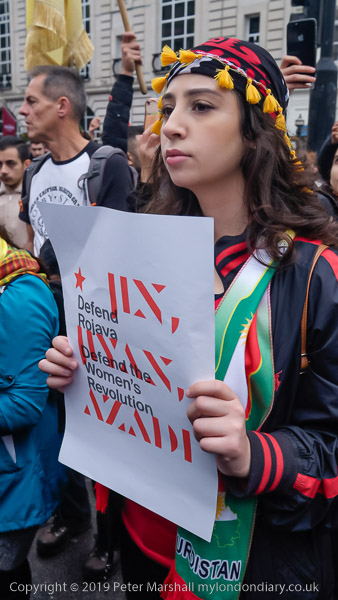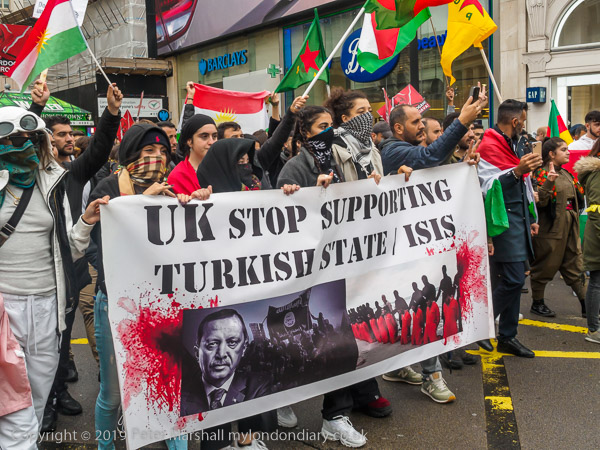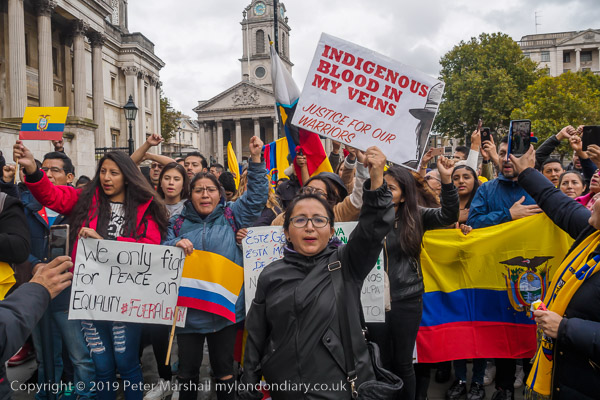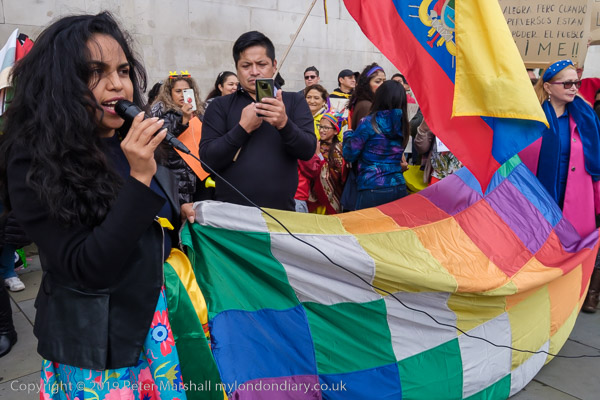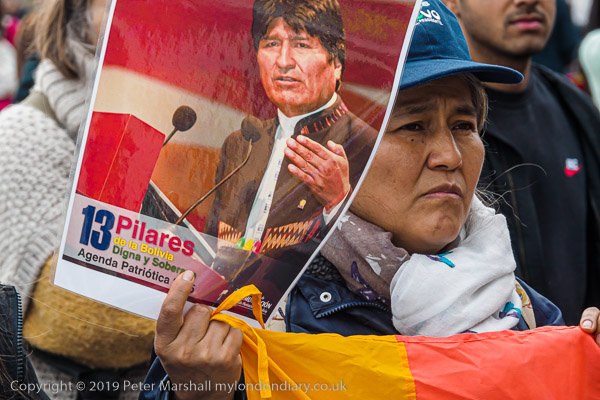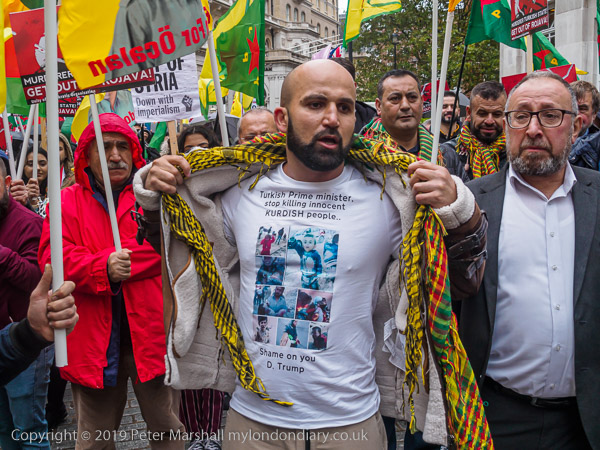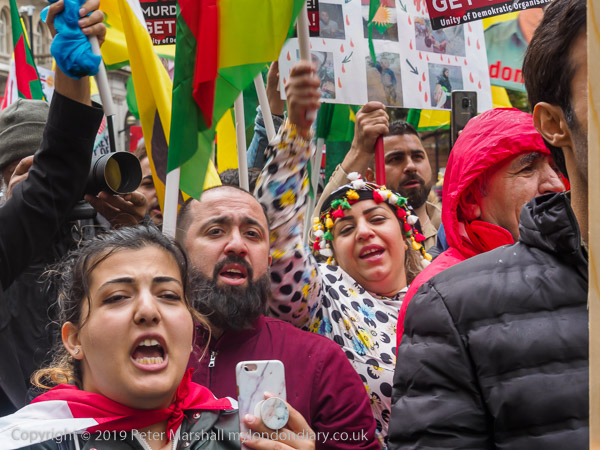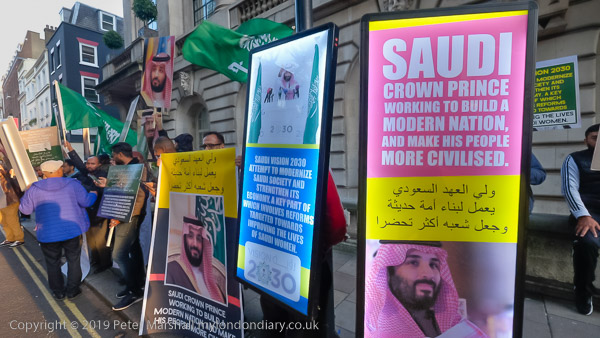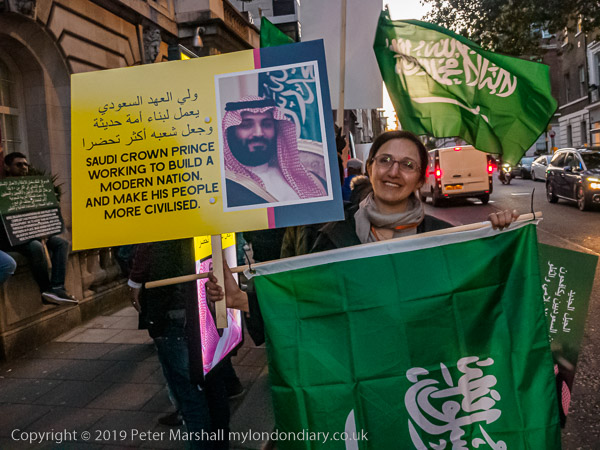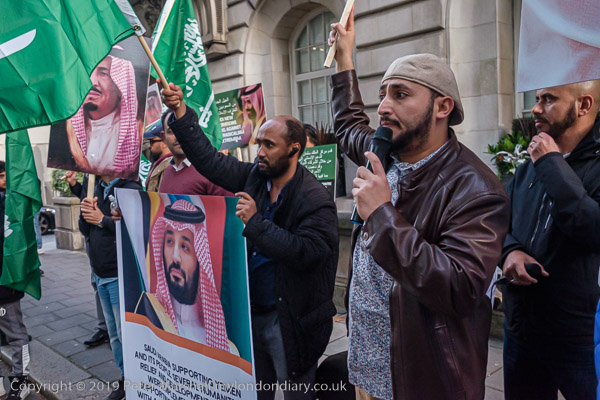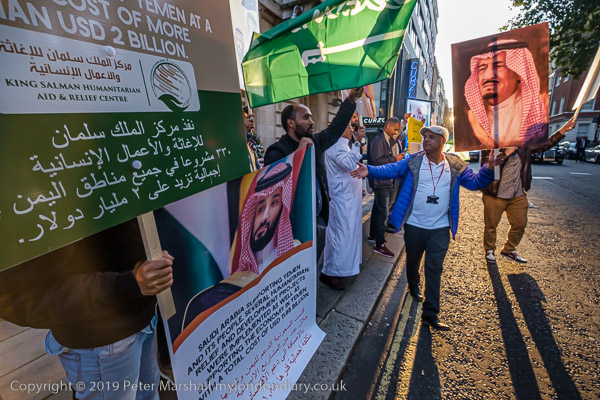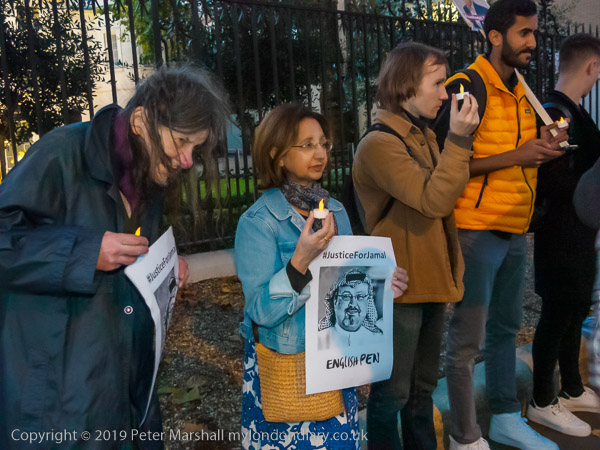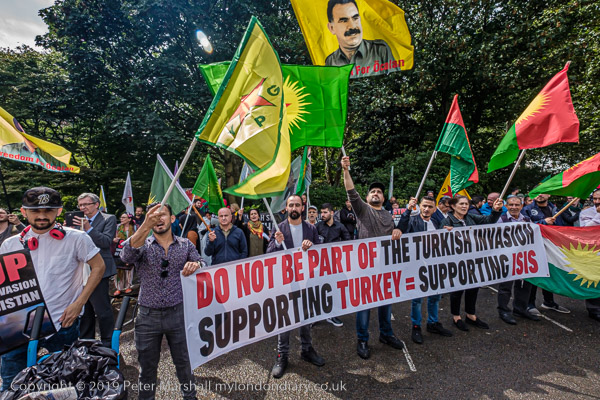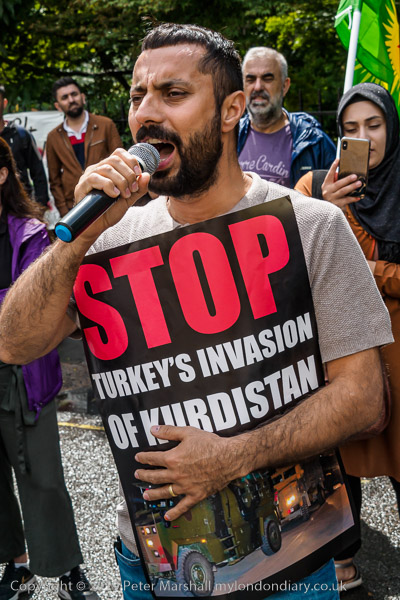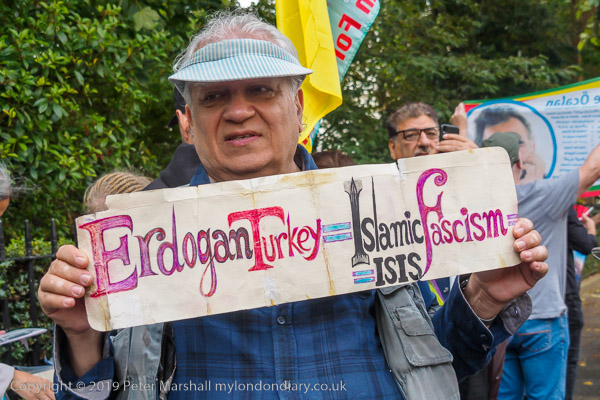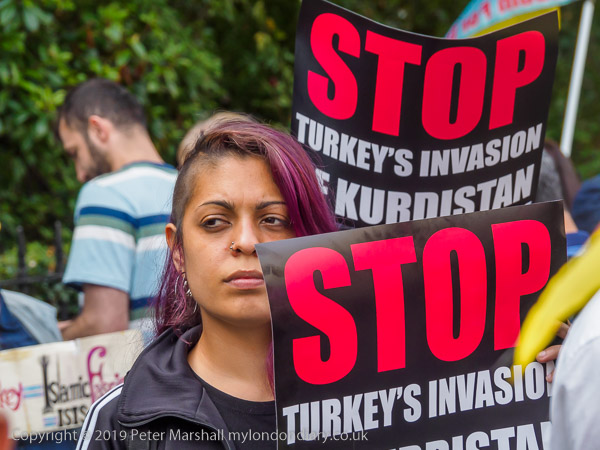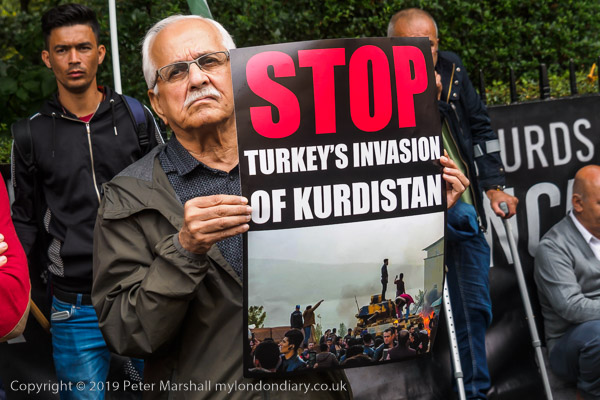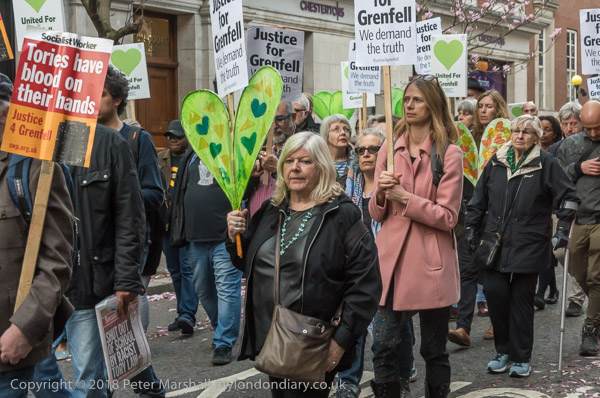
In 2018 I began the day on 14th April with a tour of some of the plushiest areas of London on a tour led by the Land Justice Network. Land ownership in Britain, both in urban and rural areas is among the most unequal across the world.
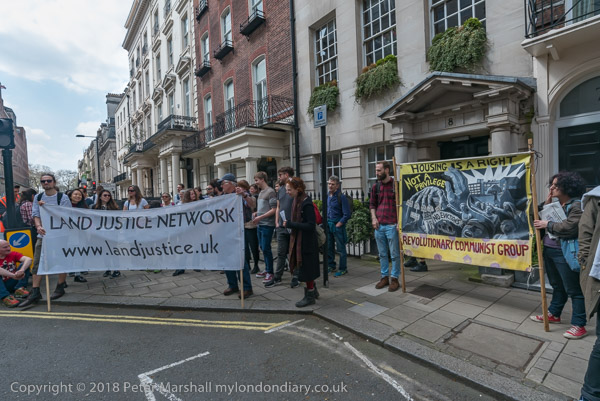
As I noted on My London Diary:
Unequal ownership of land is the basis of the class system and the aggregation of wealth and inequality that have led to our present crisis levels of homelessness and degradation. Largely beginning with the Norman conquest, the battles over land have continued over the centuries, with the enclosure of common land and the current redevelopment of public land, particularly council estates, as private housing for the wealthy.
The Landlords’ Game
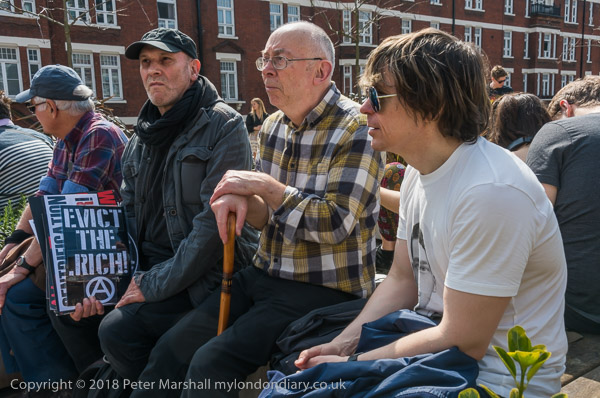
Much of the London Borough of Westminster is owned by the Duke of Westminster, and our tour stopped for informational speeches at various points in Mayfair and Park Lane, part of the Grosvenor Estate, now “an internationally diversified property group” founded in 1677 when Sir Thomas Grosvenor, whose family owned large areas in Cheshire, married the heiress of the manor of Ebury, which included much of what is now Mayfair, Belgravia and Pimlico. Wikipedia has a long list of the other properties around the world the group now own, and the 7th Duke of Westminster and is family fortunes is estimated at £10.1 billion – now 30, he was until his recent birthday the world’s richest person under 30.
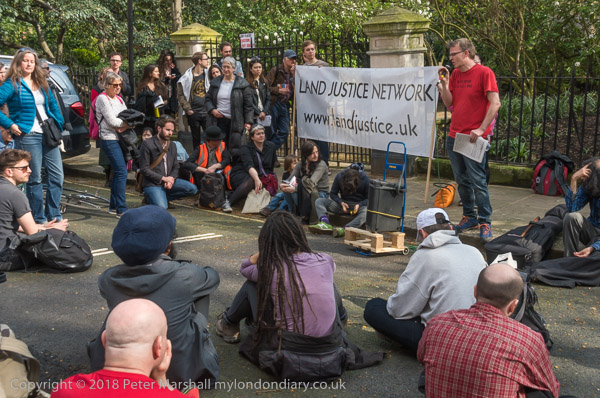
The tour ended in another of the huge London estates, the Cadogan estate owned by the Cadogan family, which Wikipedia states covers 93 acres of Kensington & Chelsea and came from the daughter of Sir Hans Sloane who had bought the Manor of Chelsea in 1712 marrying the second Baron Cadogan. The family is said to be worth £6.7 billion.
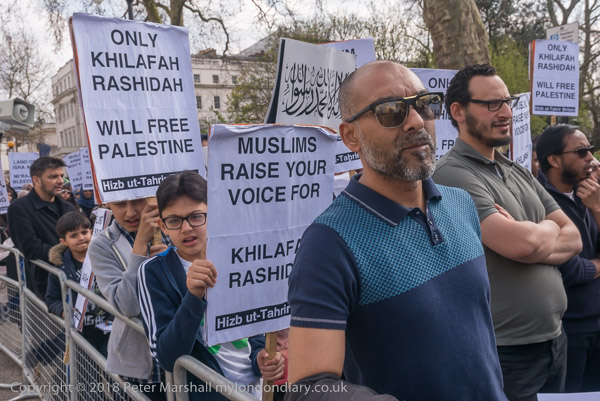
I left the tour as it was coming to an end to walk back to Belgrave Square, named after one of the Cheshire villages owned by the Grosvenor family, where Hizb Ut-Tahrir Britain were protesting outside the Turkish Embassy against Turkish complicity in handing Syria back to Assad. Their criticisms of Turkey go back to the 1922 abolition of the Ottoman state and the Turkish recognition of the Zionist occupation of Palestine in 1949, and they see the Palestinian struggle for freedom as a part of the fight for an Islamic Caliphate across the Middle East.
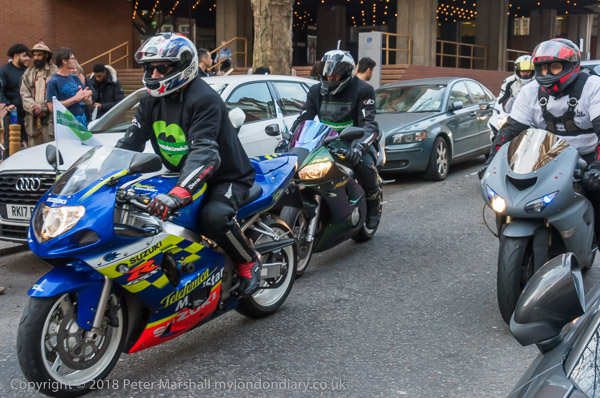
But it was the 14th of the month and I was on my way to the monthly protests calling for justice over the fire which killed over 70 people at Grenfell tower. These protests have been silent marches, but the first event on this day at Kensington Town Hall was far from silent as bikers from the Ace Café including Muslim bikers Deen Riders and others taking part in a United Ride 4 Grenfell, from the Café on the North Circular Rd, riding to Parliament and then to Kensington Town Hall roared past the waiting marchers.
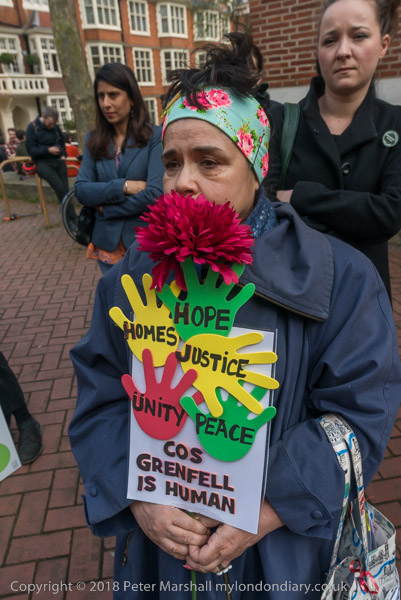
Coming up to four years later, we have still to see any justice over Grenfell, where the failures of the Kensington & Chelsea Council to have any real regard for the safety of residents, and by those who recommended unsafe materials and carried out the improper installation, those who gave false safety certificates, the politicians who decided essential safety measures were ‘red tape’ that should be cut, the Mayor who cut the fire service and others have not yet led to any prosecutions.
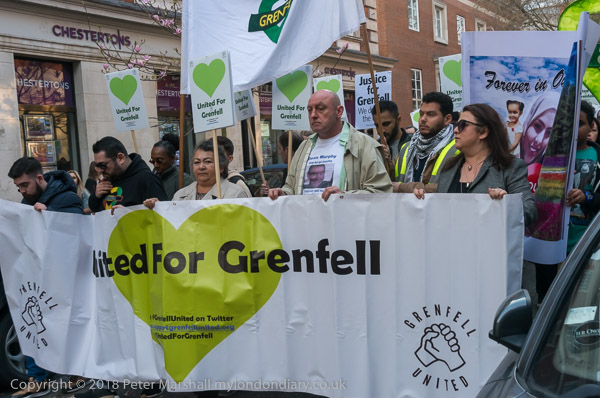
So far the prolonged enquiry has simply tried to shift blame onto the fire service, with unfair criticism of their incredible efforts to save victims and seems more and more to be a way to ensure that most of those who should bear responsibility escape scot-free. I’m not convinced that these silent walks are the best way to bring pressure to get some action – but at least on this day the bikers made some noise.
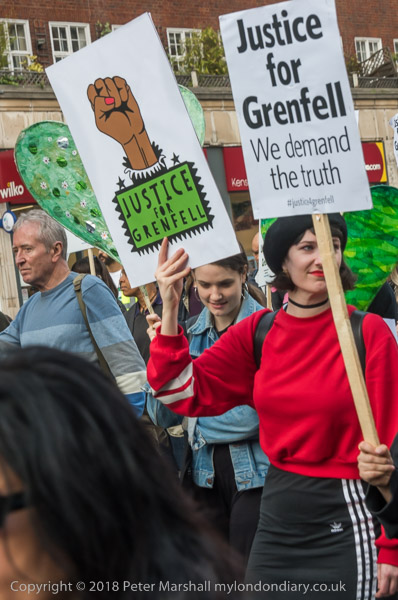
I went with the marchers for a short distance as they silently made their way back towards Grenfell, and then left. It had been a long day and I had much work to do to at home, filing my pictures of the events.
Grenfell silent walk – 10 months on
Bikers for Grenfell
Hizb Ut-Tahrir protest against Turkey
The Landlords’ Game
All photographs on this and my other sites, unless otherwise stated, are taken by and copyright of Peter Marshall, and are available for reproduction or can be bought as prints.
